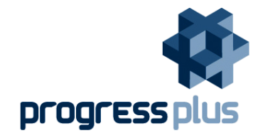ISO 9001 & AS9100D
ISO 9001 is defined as the international standard that specifies requirements for a Quality Management System (QMS). Organizations use the standard to demonstrate the ability to consistently provide products and services that meet customer and regulatory requirements. It is the most popular standard in the ISO 9000 series and the only standard in the series to which organizations can certify.
ISO 9001 was first published in 1987 by the International Organization for Standardization (ISO), an international agency composed of the national standards bodies of more than 160 countries. The current version of ISO 9001 was released in September 2015.
AS9100D or AS9100 is the most recent standard for organizations that design, develop or provide aviation, space and defence products and services, including parts, components and assemblies. The standard was prepared by the International Aerospace Quality Group (IAQG) with the help of representatives from aviation, space and defence companies in the Americas, Asia/Pacific and Europe.
Like past versions of AS9100, EN9100:2018 standardizes quality management system requirements for companies involved with the aerospace industry and supply chain. The standard does so by building off general ISO 9001 standards for quality management systems, adding industry-specific guidelines for the safe development, production and distribution of quality aerospace parts and products.
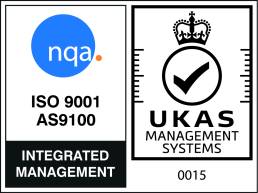
ISO 27001
ISO/IEC 27001 is the world’s best-known standard for information security management systems (ISMS) and their requirements. Additional best practice in data protection and cyber resilience are covered by more than a dozen standards in the ISO/IEC 27000 family. Together, they enable organizations of all sectors and sizes to manage the security of assets such as financial information, intellectual property, employee data and information entrusted by third parties.
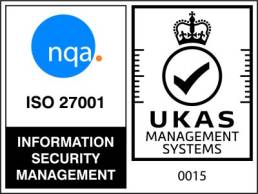
ISO 14001
At Airframe Designs, we are proud to be at the forefront of innovative engineering and manufacturing in the aerospace industry, driven by our commitment to environmental sustainability.
As part of our ongoing efforts to reduce our carbon footprint, we have recently taken a significant step towards clean energy by installing 80 solar panels on our premises. This investment not only demonstrates our dedication to minimizing our environmental impact but also allows us to harness renewable energy sources.
Furthermore, we have implemented on-site battery storage technology, enabling us to power our machines through the night using stored energy. These initiatives exemplify our forward-thinking approach, as we continuously seek ways to operate more efficiently while reducing our reliance on non-renewable resources.
With our sights set on achieving ISO 14001 certification by the end of this year, we are excited to lead the charge towards a greener future in the aerospace industry.
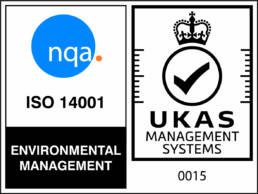
Cyber Essentials and Cyber Essentials Plus
Cyber-attacks come in many forms, but the vast majority are elementary in nature, carried out by relatively unskilled individuals. They are the digital equivalent of a thief trying your front door to see if it is unlocked.
AFD has invested in the UK Government backed Cyber Essentials and Cyber Essentials Plus schemes.
Cyber Essentials Plus requires our IT systems to be externally tested, audited and accredited.
The accreditation is designed to prevent cyber-attacks and the entire AFD team receives regular and up-to-date training in cyber security awareness and actions that need to be taken to mitigate the risks.
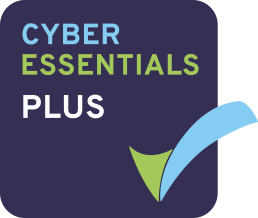
Progress Plus MRP
At Airframe Designs, our commitment to operational excellence is further demonstrated by the integration of Progress-Plus into our management framework. This sophisticated Materials Requirements Planning (MRP) system streamlines our workflows, enabling real-time inventory management, procurement optimisation, and enhanced production scheduling.
For our customers, this translates to heightened efficiency, accelerated delivery times, and increased traceability throughout every project. The implementation of Progress-Plus is a testament to our pursuit of quality, ensuring that we not only meet but exceed the rigorous demands of the aerospace, defence, and space sectors, delivering results that are both timely and to the highest standards.
